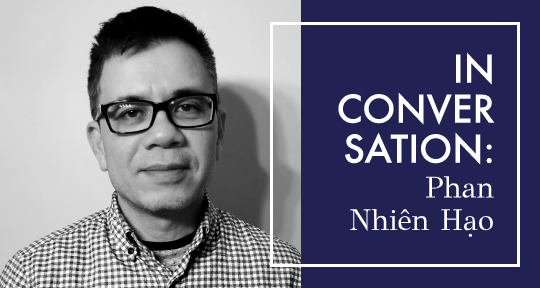This week, our editors from around the globe report on Spanish poetry readings in New York, new Vietnamese translations of classic Japanese novels, and the Gothenberg Book Fair in Sweden. Read on to find out more!
Alan Mendoza Sosa, Editor-at-Large, reporting from New York
Though I usually report from Mexico City, I recently moved to New Haven to begin a PhD program at Yale. However, relocating has not prevented me from engaging with Hispanophone literary communities, particularly in New York City, a creative hub that connects people from all over the world, and where literary readings in Spanish are common.
The first event I attended was a multilingual poetry open mic at the Bowery Poetry Club in Manhattan. Hosted by Spanish poet Marcos de la Fuente, the soirée “Se Buscan Poetas / Poets Wanted” takes place every last Wednesday of the month. It brings together poets from New York and beyond, who sign up to share their work to the Bowery’s attentive audience. I went on Wednesday, August 31, and participated both as spectator and reader among other emerging Spanish- and English-speaking poets. The event opened with a performance by De la Fuente and actress Clara Francesca. They set the mood for the night with a dramatic interpretation of the bilingual poem “Solstice,” published in the anthology Poetryfighters (Ultramarina Editorial, 2022), assembled by De la Fuente himself. The reading was both exhilarating and engaging. Beyond simply voicing words from the book, De la Fuente and Francesca modulated their expressions and walked around the stage in synchrony with the content and rhythm of the text, creating moments of emotional and aural tension that excited the audience, more like a concert or play than a traditional poetry reading. In addition to hosting the monthly open mic, De la Fuente also directs the New York City part of the Kerouac Festival, an international poetry, music, and performance celebration that takes place in Vigo, New York, and Mexico City. Earlier this year, the festival featured the Chilean writer and Asymptote contributor Arelis Uribe.







